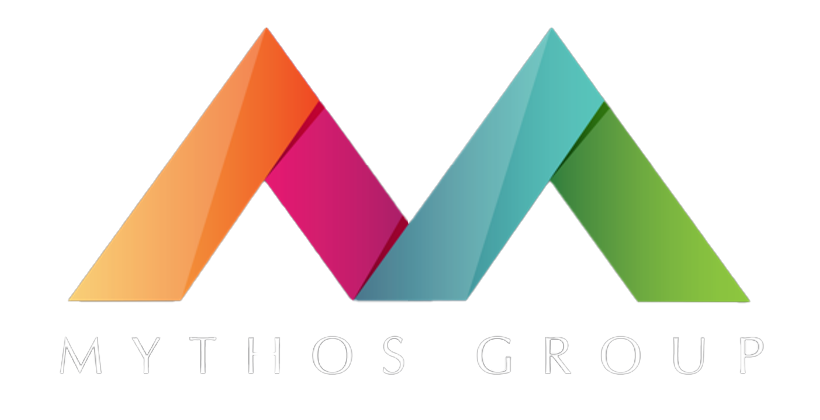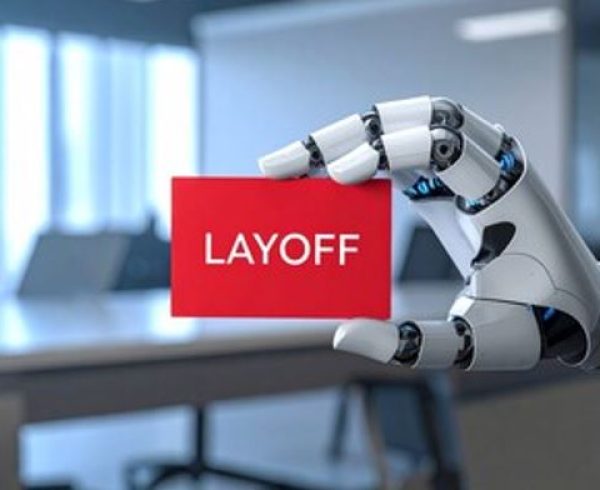The LinkedIn CEO just told Gen Z that Ivy League degrees don’t matter anymore. Zuckerberg and Buffett are nodding along. “What matters now,” they say, “is adaptability, curiosity, AI skills.”
I recently wrote about how companies are cutting entry-level roles by the thousands in “The AI Layoff Bet Most Companies Will Lose.” Now these same companies are telling the generation trying to enter the workforce that the solution is to adapt faster. Adapt to what, exactly? An economy that just eliminated the entry points?
Let me be clear. The CEOs aren’t completely wrong. A diploma alone won’t save you anymore. It never guaranteed judgment, creativity, or the ability to learn fast. But telling Gen Z that credentials suddenly don’t matter while keeping the same gatekeepers in place is gaslighting at scale.
Credentials Still Matter
Here’s what’s actually happening. Walk through any Fortune 500 leadership team page and count the Stanford, Harvard, Wharton, and MIT degrees. The credentials that supposedly don’t matter are still stamped on every executive bio. The networks, the signaling, the access. Those advantages haven’t disappeared. They’ve just moved underground.
The old system was straightforward. Get into a good school, get a good job, climb the ladder. The new system is supposedly better. Build a portfolio, demonstrate skills, prove adaptability. What nobody mentions is the hidden requirement: time, money, and safety nets to do all of that.
Who can afford to spend 6 to 12 months learning AI and building projects? Who can take unpaid internships to “get experience”? Who can risk the experimental career moves that lead to interesting portfolio pieces? The people who can afford to play the adaptability game are disproportionately the same people who could have gotten into elite schools anyway. We didn’t eliminate the advantage. We just made it more expensive to access.
The Luxury Of Adaptation
“Just learn AI” is the new “just learn to code.” It sounds democratic until you think about what learning actually requires. When entry-level jobs are disappearing (I gave you the data in my last piece), Gen Z needs income now. Upskilling while working two jobs and paying off student loans isn’t the same as upskilling with a trust fund.
Consider two kids. One from Greenwich whose parents can fund a gap year to “explore AI and build projects.” One from Cleveland working retail to make rent. Both are smart. Both work hard. One has 40 hours a week to learn, experiment, and create a portfolio that signals “adaptability.” The other has maybe five.
This isn’t about intelligence or work ethic. It’s about who can afford to invest in themselves without immediate returns. That’s a class filter, not a merit filter. The “build in public” culture that’s supposed to democratize opportunity requires time to create content, engage, and network. Time is not evenly distributed.
The Entry-Level Catastrophe
Let’s connect the dots. Companies are cutting junior roles at scale. Accenture dropped 12,000 people. Salesforce eliminated 4,000 customer support roles. Intel is shedding 25,000 jobs. Microsoft cut 15,000. These aren’t just numbers. These are the entry points Gen Z needs to get started.
Now we’re telling them to gain experience while eliminating the roles that provide experience. The math doesn’t work. Fewer entry points plus more competition plus “prove yourself first” equals an impossible equation. You can’t get hired without experience, can’t get experience without being hired, and the solution offered is “build your own projects.” Which, again, requires resources most people don’t have.
Those kids graduating this spring who did everything right – good grades, learned to code, built their LinkedIn profiles – are applying to 200 jobs and getting ghosted because companies have decided they don’t need as many entry-level people anymore. Then we turn around and tell them it’s because they’re not adaptable enough.
What It Will Actually Take
If we actually want skills and adaptability to matter more than pedigree, we need infrastructure. Not platitudes. The current system demands that candidates prove they can do the work before companies give them a chance to do the work. The alternative is straightforward: paid training programs, real apprenticeships, companies investing in potential instead of proven track records.
Why aren’t companies doing this? Because it’s expensive and risky. Much easier to say “degrees don’t matter” while hiring from the same talent pools you always have. I see this in boardrooms constantly. Leadership teams claiming they’ve moved past credentialism while their recruiters still filter by school name before anyone human reads a resume.
We replaced “went to Harvard” with “learned AI independently while building a SaaS side project and writing viral LinkedIn posts.” Guess who can do that? The same people who could have gotten into Harvard. Different game, same players.
How Companies Actually Hire
Credentials don’t matter until they do. When you have 500 applications for one role, you need filters. The filters companies use now: school name, previous company logos, portfolio quality. Portfolio quality correlates with resources – time, tools, mentorship. Previous company correlates with network, which determines who got you the first break. School name, well, that’s what we said didn’t matter.
I’ve watched this play out at the companies I advise. Tech firms saying credentials don’t matter while their recruiters prioritize candidates from target schools. Consulting firms praising adaptability while hiring 80% from the same universities they always have. The “self-taught” success stories usually have safety nets nobody mentions. A parent who works in tech. Family friends who made introductions. The financial cushion to spend a year “finding themselves” in code.
The diversity companies claim to want usually means hiring from Stanford and MIT instead of just Stanford.
What Actually Needs To Change
For companies, stop pretending you’ve eliminated credentialism when you’ve just made it more expensive. Create real paid entry-level programs, not “prove yourself first” gauntlets. Evaluate actual work, not proxies for work. Be honest about what you’re filtering for. If you say adaptability matters more than credentials, then build systems that actually measure adaptability rather than using school and previous employers as shortcuts.
For Gen Z, you’re not crazy. The game is rigged, just differently than it was for previous generations. The adaptability advice isn’t wrong, but it’s incomplete without acknowledging the resource requirements. Build skills where you can, but don’t blame yourself for a broken system. When someone with my background tells you that hard work and talent will be enough, ask them how they got their first break. Most of us had advantages we’ve forgotten about.
The systemic piece is what matters most. If we actually want meritocracy, we need to subsidize the adaptation period. That could be government programs, company-funded training, or new models of education that don’t require going into six-figure debt before you can compete. But telling individuals to “adapt faster” while eliminating the rungs on the ladder is gaslighting.
The Real Question
The CEOs telling Gen Z that degrees don’t matter aren’t wrong that adaptability is important. They’re just not being honest about who can afford to be adaptable. The real question isn’t “do degrees matter?” It’s “who gets to prove what they can do?”
Right now, that access is still going disproportionately to people who already had advantages. Different advantages, same people. The kid from Greenwich gets to spend a year learning AI and building a portfolio. The kid from Cleveland has to choose between paying rent and upskilling. Both are told they’re competing in a meritocracy.
I’ve spent twenty years watching companies make these decisions. The pattern is consistent. We talk about democratizing opportunity while building systems that require resources to access. We praise self-made success while ignoring the infrastructure that made it possible. We tell Gen Z the playing field is level while they’re watching entry-level jobs disappear and being told to compete with people who have time and money they don’t.
Until we fix that, we’re not building a meritocracy. We’re just rebranding privilege. And Gen Z is smart enough to see it.







